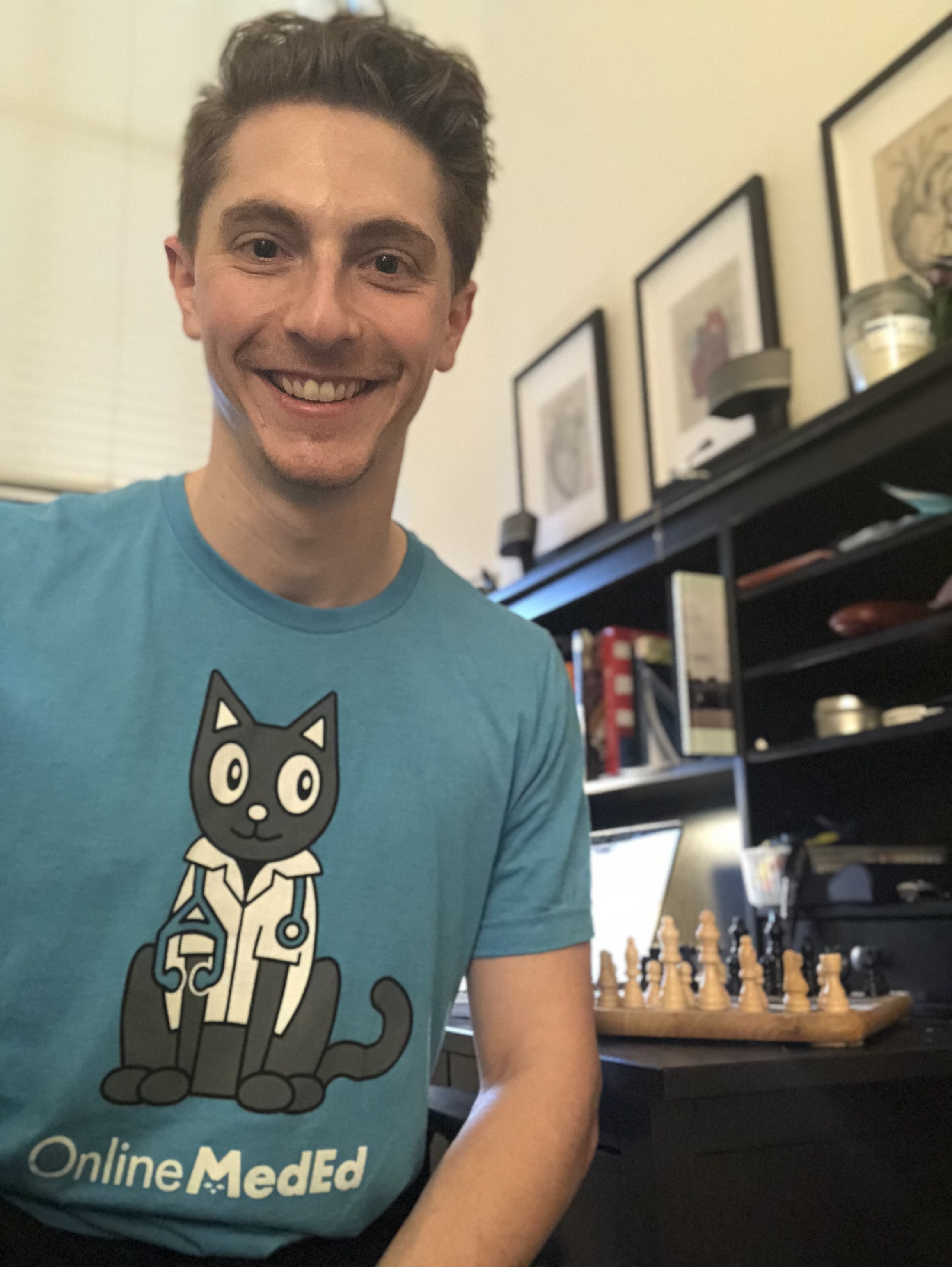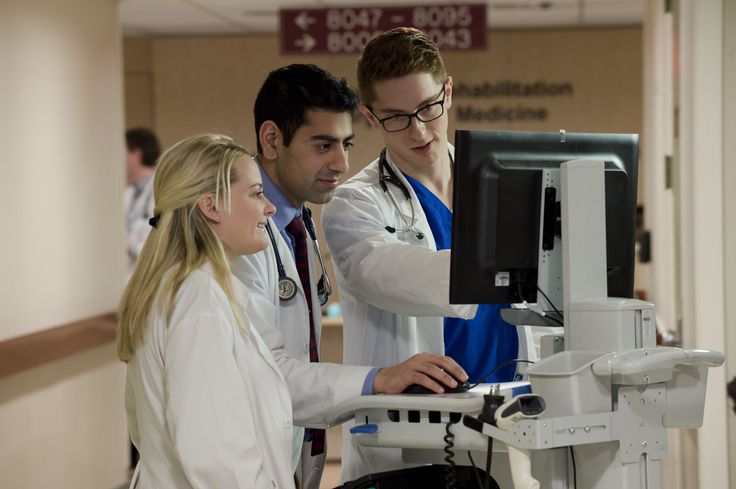One of the most frequently asked questions that I receive from medical students is about how to prepare for their first year of resident. It parallels one of the most common fears among medical students in that they will not be adequately prepared for day one of residency. It’s a valid concern because you will never truly be ready for intern year but if you’ve made it this far in your training then you are likely ready enough. Almost everything you learn intern year isn’t taught in medical school because you have to do actively do it to learn it. At least that’s what I thought until I came across OnlineMedEd.. It’s the only resource I’ve found that actually prepares medical students reasonably well for intern year. Again, nothing is going to make you fully prepared but this is as close as you’re gonna get.
I started using OnlineMedEd during third year of medical school
OnlineMedEd is an amazing resource with videos that help explain complicated topics that overlap real world experience with the textbook. They do an amazing job of translating all of that USMLE step 1 material into actual practical knowledge so you can look sharp on all of your third year rotations. I would watch a few before each rotation started and it showed. Dustin and the OnlineMedEd team also drill home all of the important facts that are frequently tested on step 2 CK. Sure, nothing will ever replace UWorld but OnlineMedEd gives it a run for it’s money. Start using OME early and often.
A curriculum for fourth year medical students
Your fourth year of medical school is a magical time especially after interview season is over and your rank list is finalized. You’re basically just waiting to graduate and planning your vacation to South East Asia. It is all to easy to fall into a trap of laziness and forget that you are going to be a full fledged doctor in 6 short months (well technically you’ll be an intern but a doctor nonetheless). If you dedicate yourself to the structure of OnlineMedEd during your fourth year you will have a dedicated curriculum that keeps you fresh and sharp on the wards. Sure, you’re still gonna forget a lot before intern year starts but at least OnlineMedEd will get you into some good habits.
It prepares you for intern year
My advise to all of my fourth year medical student is always the same- go home because life is too short to be spent in the hospital watching me type notes and at least one of us should see the sun today. I also tell them that the best way to be a good intern is to develop good habits while you are still in medical school. The dirty truth about residency is that you don’t need to be all that intelligent to be a good intern. You simply need to be efficient, thorough, and work hard. The sooner you develop habits that enable you to work smarter, and not harder, the better off you will be. OnlineMedEd has developed a fantastic Intern Boot Camp that helps you do exactly that. If I could do my fourth year all over again I would use the Intern Boot Camp and test out what does and does not work for me while I was still on the wards in the hospital. That way when I show up day one of residency I at least had a system that I knew worked for me. It’s like when I had to learn how to actually study in medical school- I wish I didn’t have to go through the process of figuring out what works best for me. I wish I knew how to study more efficiently back in undergrad. Likewise, take the time to learn the ropes of what it takes to be an intern while you are still a medical student.
Start studying for step 3
Ugh I know. Sorry for bringing up the USMLE’s again but you have to get it over with eventually. I’ve written extensively about when you should take USMLE Step 3 as well as how to study for USMLE step 3. If you use OnlineMedEd during your fourth year of medical school you will get a head start on it. You don’t need to use OnlineMedEd as your primary study aid but it will certainly help cement concepts in your head and make it easier for you once you start your dedicated step 3 study period as you transition from medical student to resident.
They also have great study products
Last thing I’ll mention are their study aides. The Intern Guide Book and the Quick Tables Book are great study tools for medical students. They succinctly provide you with a ton of well organized material. You have to fill in the blanks and annotate it just like any guide book. But if you are going to use OnlineMedEd then these books are essential as they go hand in hand with some of the videos. Just like any resource, the more you use it the more results you get from it!
So if you are interested in using OnlineMedEd check them out here: OnlineMedEd.
*Full disclosure: sponsored content. That being said, I only support brands that I believe in.*



